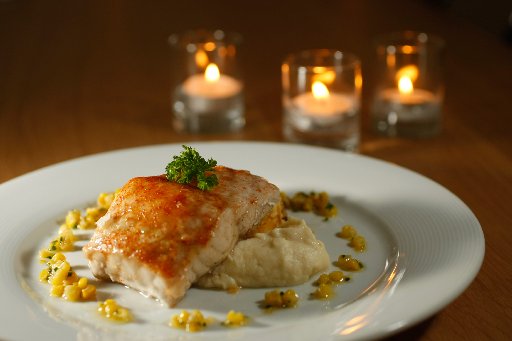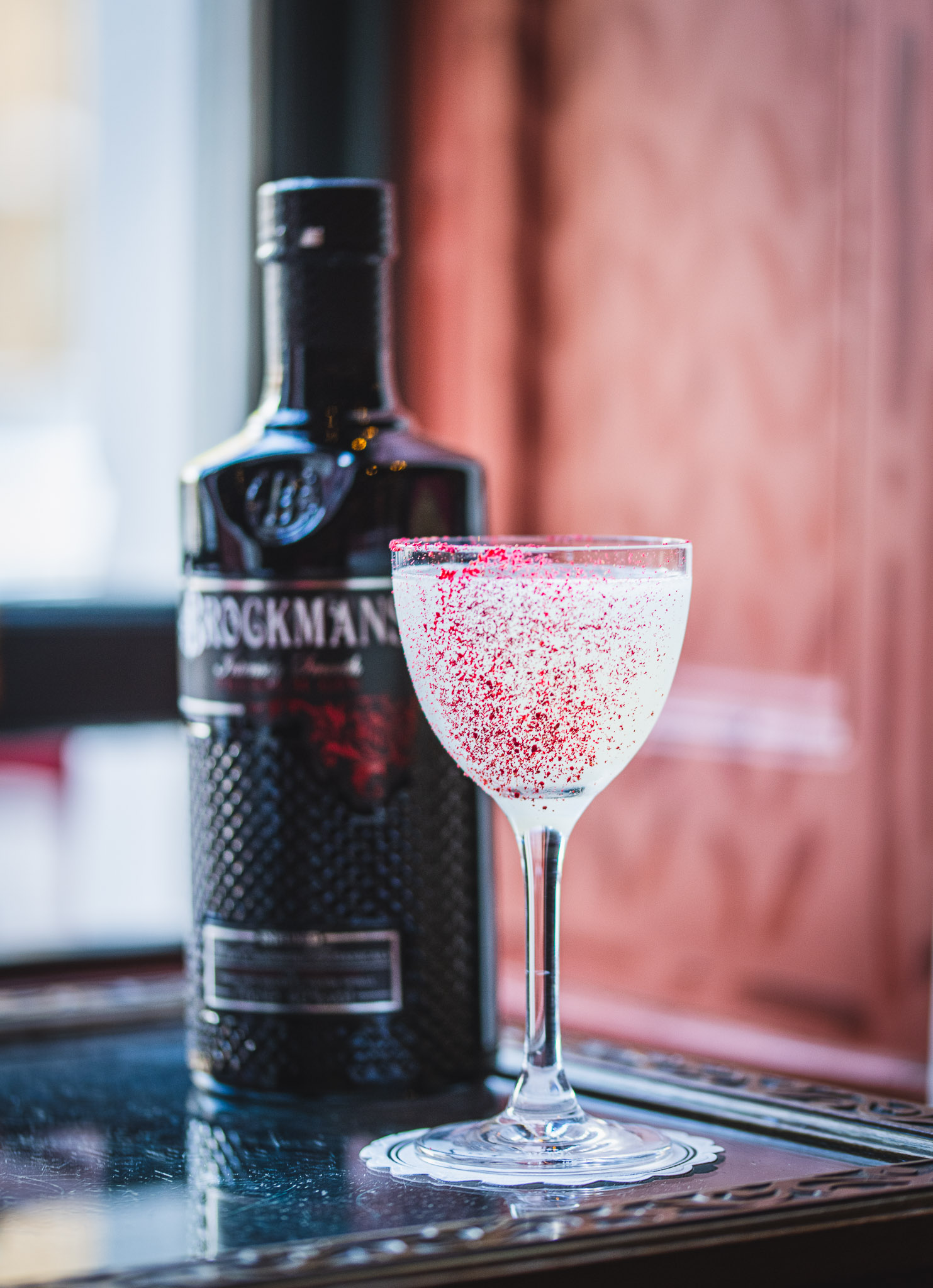I study menus every night, so I should be immune to their literary charms. However, a few well chosen words can hook me like a fish going after a brightly colored lure.
Menus that merely list ingredients, and that seems to be a growing trend, are missing out on prime marketing opportunities. The right adjectives can create positive enticements for diners to order a particular dish.

Here are some of the words that make me salivate. There are many others, so I’d love for everyone to nominate terms that seduce and tease them. Food related, of course.
Slow-roasted: Every time I see this phrase it conjures up images of a warm, caring kitchen where someone is willing to take the time to create something special. In a fast-paced world, “slow-roasted” feels as relaxing as a 20-minute massage. Example: Slow-roasted smoked salmon with black-eye pea cassoulet. Wexler’s, San Francisco
Butter-poached: Poached is something you expect in a nursing home, but place butter in front and it becomes food for the gods. Olive-oil poached has some allure and will appease those who are obsessed with health. Example: Butter-poached Maine lobster with beet puree, Meyer lemon, braised baby savoy cabbage, black caraway, fines herbs. Fifth Floor, San Francisco
Roasted: Baked may have the same meaning, but it sounds like a technique you’d learn in home ec class, while roasted conjures up thoughts of bold, rustic flavors and succulent textures. Add salt in front of the word — as in “salt-roasted” — and it will have a 100 percent return rate in my book. Or try oak-roasted, spit-roasted or pan-roasted, to name a few variations. Gotta order it. Example: Pan-roasted Alaskan halibut, seared baby artichokes, niçoise olives, marjoram, pepperonata and fava beans. Solbar, Calistoga.






